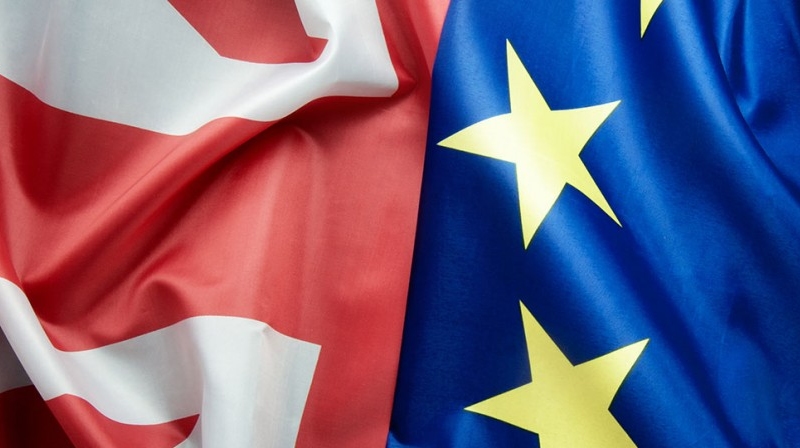IngPro Limited & Brexit
Brexit contains many unknowns for British business, but also for our international customers. We need to develop strategies that take into account the various possible scenarios that may develop, and plan to make doing business, with us, simple for our customers.
After the shock of the Brexit vote, came the realization that nobody really knows what it means. We can attempt to influence the developing solutions but, as business people, we have to mitigate risks and exploit the opportunities as we see them now and in the future.
We need to have the right products for our customers, at the right price. But this is not enough, we also need to recognize the challenges our international customers face in purchasing from us. These challenges can include; price, currency, logistics, legal, and taxation.
If our international trading status changes, as a result of Brexit, from our customers point of view, our products and services may suddenly look expensive, have increased lead times & bureaucracy, or cause significant cash to be wrapped up in goods in transit.
There are many solutions to mitigating these risks both for ourselves and our customers. These include financial tools, as well as looking at how & where we manufacture and how & where we sell.
We need to create appropriate organizations that make us appear close to our chosen customers and markets, & that make us easy to do business with. An example may be to have very hi-tech, high productivity, manufacture in the UK, but a service and logistics hub, close to the client. Or even a final assembly at the client’s base. These types of choices will very much depend on the trade agreements reached, currency effects, and how each company needs to position itself.
Growing an overseas presence can be through establishing a new business, cooperation with customers and suppliers, acquisition, or by engaging with third parties such as agents and distributors.
This gives rise to many questions and options. Fundamental for all of us is to revise our business strategy and try to evaluate potential future scenarios and their effects. These risks and opportunities need to be evaluated, costed and compared, and alternative plans developed. We need multiple plans, so that an appropriate path can be rolled out depending on which scenarios develop.
We need to do this now, so that as the reality of Brexit un-folds we will then have our plans pre-prepared, and ready to roll out, depending on the agreements and circumstances that unfold.
We need to adapt, but remain flexible, as the new world emerges. Easy words to say. But planning now, and being prepared with a range of options, will enable us to manage the risks and take the opportunities, keeping it easy for our customers and ahead of the competition



_industry_4.0.jpeg)
